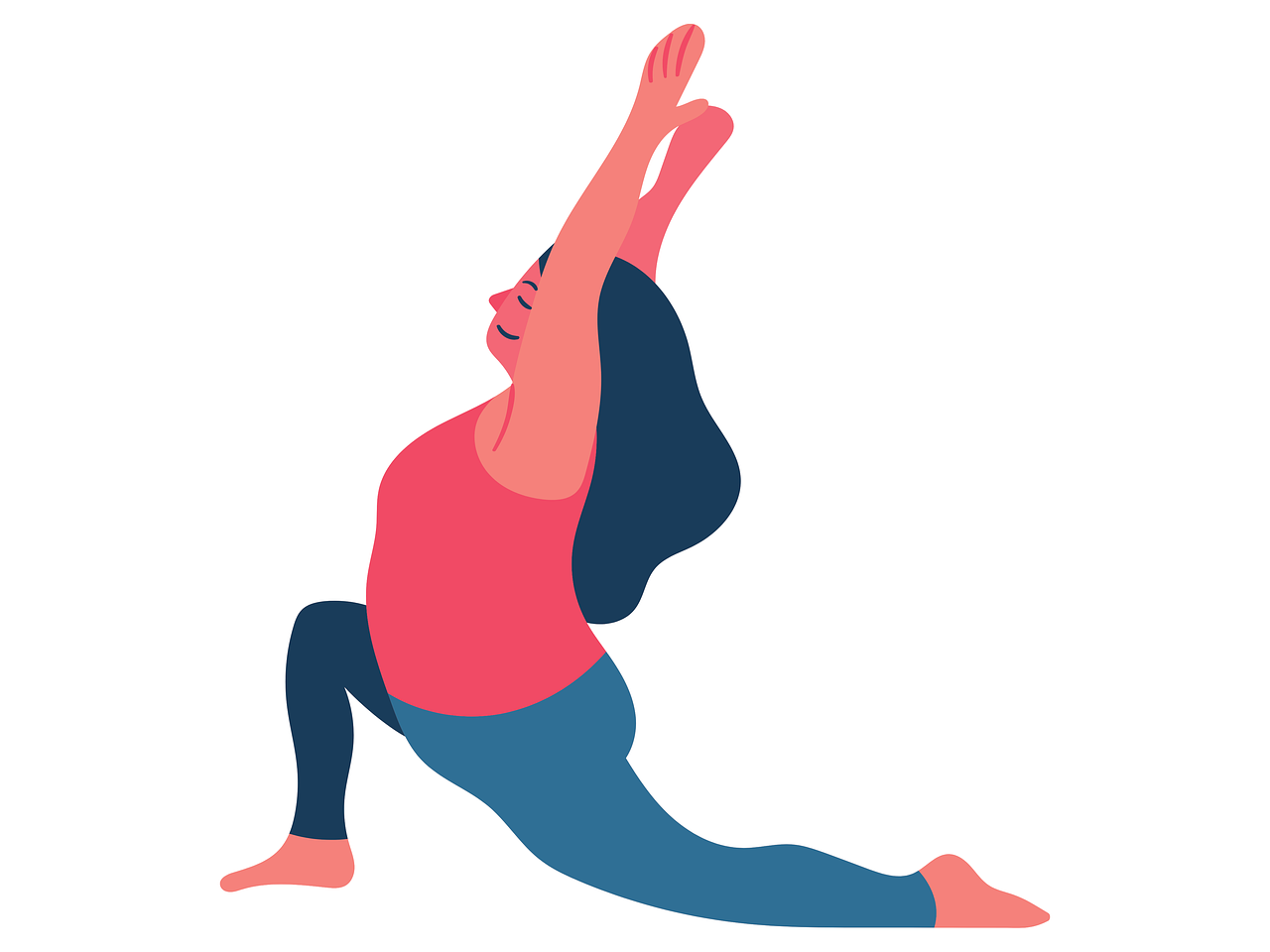Nutrition and Health: Practical Tips for Maintaining a Balanced Lifestyle
In the fast-paced world we live in today, maintaining a balanced lifestyle can be challenging. The pressures of work, family, and social commitments often take precedence over our health. However, understanding the significance of nutrition in our daily lives can be a pivotal step towards achieving overall well-being. This guide will explore practical tips for maintaining a balanced lifestyle through proper nutrition, offering insights into how you can make healthier choices every day.
Understanding the Basics of Nutrition
Nutrition is the process by which our bodies obtain the necessary nutrients to function optimally. These nutrients include carbohydrates, proteins, fats, vitamins, and minerals. Each plays a unique role in maintaining our health. For example, carbohydrates are the body’s primary energy source, while proteins are essential for growth and repair. Fats, although often misunderstood, are crucial for brain health and energy storage. Understanding these basics can help you make informed dietary choices.
The Importance of a Balanced Diet
A balanced diet is one that provides all the nutrients your body needs in the right proportions. It involves consuming a variety of foods from different food groups. According to the USDA’s MyPlate guidelines, half of your plate should consist of fruits and vegetables, while the other half should be divided between grains and proteins. Incorporating dairy or dairy alternatives can also contribute to nutritional balance.
Practical Tips for Healthy Eating

Making healthy eating a habit requires practical strategies. Here are some tips to help you incorporate better nutrition into your daily life:
- Plan Your Meals: Spend some time each week planning your meals. This can help you avoid unhealthy last-minute choices and ensure you’re getting a variety of nutrients.
- Portion Control: Be mindful of portion sizes to avoid overeating. Using smaller plates and bowls can help control portions.
- Read Labels: Understanding food labels can help you make healthier choices. Look for foods low in added sugars, saturated fats, and sodium.
- Stay Hydrated: Water is vital for all body functions. Aim to drink at least eight glasses of water a day, and remember that other beverages like herbal teas can count towards this total.
Incorporating Physical Activity
Nutrition and physical activity are two sides of the same coin. Regular exercise complements a healthy diet by helping to maintain a healthy weight, improving cardiovascular health, and enhancing mood. The World Health Organization recommends at least 150 minutes of moderate aerobic activity per week for adults. This can include activities like brisk walking, cycling, or swimming.
Mindful Eating and Its Benefits
Mindful eating is the practice of listening to your body’s hunger cues and eating with intention. It involves paying full attention to the experience of eating and savoring each bite. This approach can prevent overeating, improve digestion, and increase satisfaction with meals. To practice mindful eating, try to eliminate distractions during meals, chew your food thoroughly, and take time to appreciate the flavors and textures of your food.
Understanding Special Dietary Needs

Some individuals may have specific dietary needs due to health conditions or lifestyle choices. For instance, those with diabetes need to monitor their carbohydrate intake closely, while individuals with gluten intolerance must avoid gluten-containing foods. Consulting with a healthcare professional or a registered dietitian can provide personalized advice for managing these needs. Resources like the Academy of Nutrition and Dietetics offer reliable information and support for various dietary requirements.
The Role of Supplements
While a balanced diet should provide most of the nutrients your body needs, some people may benefit from supplements. Common supplements include vitamins D and B12, omega-3 fatty acids, and iron. It’s important to note that supplements should not replace whole foods but rather complement your diet. Always consult a healthcare provider before starting any supplement regimen to ensure safety and appropriateness for your individual health needs.
Addressing Common Nutrition Myths
In the age of information, nutrition myths are rampant. One common misconception is that carbohydrates are inherently bad. However, complex carbohydrates found in whole grains, fruits, and vegetables are essential for energy and should be included in a balanced diet. Another myth is that all fats are harmful. In reality, healthy fats from sources like avocados, nuts, and olive oil are beneficial for heart health. Understanding the truth behind these myths can help you make better dietary choices.
Conclusion: Making Nutrition a Priority

Achieving a balanced lifestyle through nutrition is a continuous journey that requires commitment and effort. By understanding the basics of nutrition, planning meals, staying active, and debunking common myths, you can make informed decisions that support your health and well-being. Remember that small, consistent changes can lead to significant improvements over time. For further guidance, consider exploring resources such as the Nutrition.gov, which offers a wealth of information on healthy eating and nutrition.
Embrace the journey towards a healthier you by making nutrition a priority in your daily life. Your body, mind, and spirit will thank you for it.
Creating a Supportive Environment
One of the keys to maintaining a balanced lifestyle is creating an environment that supports healthy eating and active living. This involves more than just stocking your pantry with nutritious foods; it’s about making your home, workplace, and social settings conducive to your health goals.
At home, consider organizing your kitchen to make healthy choices more accessible. Keep fruits and vegetables in visible spots like the countertop or the front of the refrigerator. Plan family meals that incorporate a variety of food groups and involve everyone in the meal preparation process. This not only fosters healthy eating habits but also strengthens family bonds.
In the workplace, advocate for healthier options in the cafeteria or vending machines. If possible, form a group of colleagues interested in bringing healthy lunches or organizing lunchtime walks. Socially, suggest active outings like hiking or cycling instead of always meeting at restaurants. Surrounding yourself with like-minded individuals can make it easier to stay committed to a balanced lifestyle.
Dealing with Challenges and Setbacks

Despite the best intentions, everyone encounters challenges on their journey to better health. It’s important to recognize that setbacks are a normal part of the process and an opportunity for growth. When you face challenges, such as a busy schedule or limited access to healthy foods, try to be flexible and open to alternative solutions.
For instance, if time is a constraint, consider meal prepping on weekends or using a slow cooker to prepare meals in advance. If fresh produce is scarce, explore frozen or canned options that retain similar nutritional value. Remember that progress is not linear, and even small steps in the right direction are valuable.
The Impact of Stress on Nutrition and Health
Stress can have a significant impact on your nutritional habits and overall health. High stress levels often lead to emotional eating, where individuals consume food for comfort rather than hunger. This can result in poor food choices and overconsumption of high-calorie, low-nutrient foods.
Incorporating stress-reduction techniques such as mindfulness, yoga, or meditation can improve your relationship with food and your body’s well-being. Additionally, regular physical activity is a potent stress-reliever. By managing stress effectively, you can maintain a balanced lifestyle and make healthier choices.
Leveraging Technology for Better Nutrition
In today’s digital age, technology can be a useful tool in supporting your nutrition and health goals. Numerous apps and online platforms provide resources for meal planning, nutrition tracking, and fitness monitoring. Many of these tools offer personalized recommendations based on your dietary preferences and health objectives.

For example, apps like MyFitnessPal or Lose It! allow you to track your dietary intake and physical activity, providing insights into your nutritional habits. Additionally, websites like Eat This Much can help you create customized meal plans based on your caloric needs and dietary restrictions. By leveraging technology, you can stay accountable and motivated on your journey to better health.
Embracing Cultural and Personal Preferences
While general nutrition guidelines provide a foundation for healthy eating, it’s important to embrace cultural and personal preferences in your diet. Food is deeply intertwined with culture and identity, and respecting these aspects can make a balanced lifestyle more enjoyable and sustainable.
Explore traditional recipes from your cultural background that incorporate whole foods and nutrient-dense ingredients. Experiment with new cuisines to add variety and excitement to your meals, while still adhering to nutritional principles. By honoring your personal and cultural food preferences, you can create a diet that is both healthy and satisfying.
Final Thoughts on Nutrition and Health
Maintaining a balanced lifestyle through nutrition is an ongoing journey that requires dedication, knowledge, and flexibility. By understanding the basics of nutrition, planning meals, incorporating physical activity, and addressing stress, you can make meaningful strides toward improved health and well-being.
Remember, achieving balance is not about perfection but about making informed choices that align with your health goals. Be patient with yourself and celebrate your progress, no matter how small. For more information and support, explore resources like the Harvard T.H. Chan School of Public Health Nutrition Source, which offers evidence-based guidance on nutrition and health.
Embark on your journey to a healthier lifestyle today, and take pride in the positive changes you make for yourself and your loved ones.


